Did you know you wanted to work in Journalism when choosing to come to UC and study towards your BA?
Yes. I love meeting people, I love writing (even studied a creative writing masterclass during my BA at UC) and I’m inherently curious – about context, culture, societal norms; about why things are the way they are and who stands to benefit from the status quo. So for me, it was always journalism. Simply because I truly believe there’s no better job.
Investigating child safety and the digital world must be a challenging area to work in. What drives you to keep working in this area?
When I joined Bloomberg’s investigative team, I was assigned a tough beat: corporate wrongdoing. But it was the beat I wanted and the reason why I moved to the US. I shifted from New Zealand to New York in 2017 to study my masters in financial journalism at Columbia University in order to write corporate accountability stories that matter.
I wanted to write about the biggest corporations in the world, but through the lens of their impact on consumers. I wanted to write about how decisions made inside boardrooms change the lives of everyday people. And because the dangers kids face in the digital world is one of the most essential issues of our time, I was naturally drawn to the social media industry. I’ve spent the past four years investigating this topic and have grown increasingly frightened at what I’ve found. How the harm kids experience in the online world can bleed into their offline, or real world, realities. How an entire generation has been manipulated by recommendation algorithms designed to keep users glued to the screen and warped by an ever-changing sense of what’s normal.
Today, we’re seeing international sextortion cyber-rings driving teen boys to suicide, AI tools turning innocent photos of high school girls into deepfake porn and children, some as young as 9, accidentally taking their own lives while trying to play a virtual game promoted to them by a machine. In some cases, my stories have resulted in real change and that’s what drives me to keep going – even on the days when it feels too hard.
How do you feel recent Netflix shows like Adolescence are contributing to the conversation?
Since I started reporting on the dangers of the digital world four years ago, I’ve noticed the zeitgeist change remarkably. The conversation has shifted from “could social media harm mental health” to “this is a full-blown public health crisis for our children.” A lot of factors are behind that.
We’ve watched these companies grow from scrappy startups with a few hundred users to the biggest corporations in the world with billions of daily active users and a lack of regulatory oversight. We’ve seen teens, parents, teachers and lawmakers get louder and demand accountability. We’ve seen whistleblowers come forward with damning documents showing these companies knew they were harming kids and did it anyway. We’ve seen a tsunami of lawsuits filed against these platforms in the US, alleging product liability, negligent design and wrongful death. We’ve seen investigative reporters, researchers and academics take aim at Big Tech. And, more recently, we’ve seen fictionalized Netflix shows like Adolescence, which is about teen murder in the manosphere, top most-watched TV charts. While it’s not easy to talk about this issue – it’s not easy to read about it, to watch shows about it, to report on it, we must do so. Because children’s lives are at stake.
Read more of Olivia's work at Bloomberg here.
Tell us more about your role in Can’t Look Away. How did you get involved with the production of this film?
The film Can’t Look Away is based on my reporting. I’d spent years writing about how teens were being harmed by social media for Businessweek magazine, but was growing concerned that teenagers themselves weren’t reading the stories. I thought a good way to potentially extend our reach into youth culture was through multimedia formats and began working on a podcast series about high school students targeted by deepfake porn (called Levittown) and this documentary.
I pitched shadowing attorneys from the Social Media Victims Law Center in their fight for justice in late 2022 and soon after I was working closely with the extraordinary team at DCTV, including award-winning directors Matt O’Neill and Perri Peltz. I had a front-row seat during the production process and will be forever grateful that I had a chance to watch this film come together from inside the editing studio. It was a deeply rewarding journey, one that was filled with heart – and heartache.
It’s crazy to think back to where this all began. When I first raised this idea, we didn’t know if any of these lawsuits would be successful and the Social Media Victims Law Center only had a few hundred clients. As the film shows, the center now represents more than 4,000 families. While Can’t Look Away serves as a testament of what’s to come, the fight for corporate accountability is only just beginning.
Do you have an investigative piece that you are most proud of?
I respectfully resent this question. Mainly because I’ve been asked it a number of times and have never found a satisfying answer. I imagine many journalists would feel the same.
The question is simple yet the answer is not because each story means something different to me. Some have stayed with me long after the publication date. I’ve developed deep personal connections to the people I write about – for example, every year I receive an invite to a local high school graduation from a father who hands out a scholarship in his dead daughter’s honor. Other stories mean something to me because of how much I grew during the reporting, research, writing and editing – and how much I was able to uncover. But, for the purposes of this exercise, I’ll say it’s a Businessweek cover story I wrote in April 2024 about the suicide of 17-year-old Jordan DeMay, a homecoming king from Michigan who fell victim to a blackmail sextortion scam. I’m still close with Jordan’s parents and girlfriend, and often find myself thinking about them, but I’m choosing this one because of the impact it had. Shortly after publication, Meta removed 70,000 accounts linked to financial sextortions off its platforms.
This type of reporting can be grueling. But on the days when it feels too tough, I like to realign my thinking by focusing on what this job gives back: the chance to make positive change.
Read Olivia's first-person piece on sextortion and Can’t Look Away here.
How do you find living in New York compares to back home? What do you enjoy most about living in the city?
I’m loath to make comparisons between my two homes which I love equally, for vastly different reasons.
What were some of your highlights from your time at UC?
I look back with great fondness on my quiet walks into UC from my dingy student flat in Riccarton and always enjoyed wandering around the university grounds between classes. I’m a sucker for a good library and cherished lazy summer days in the vast UC library, when I could set myself up between the books for a day of study.


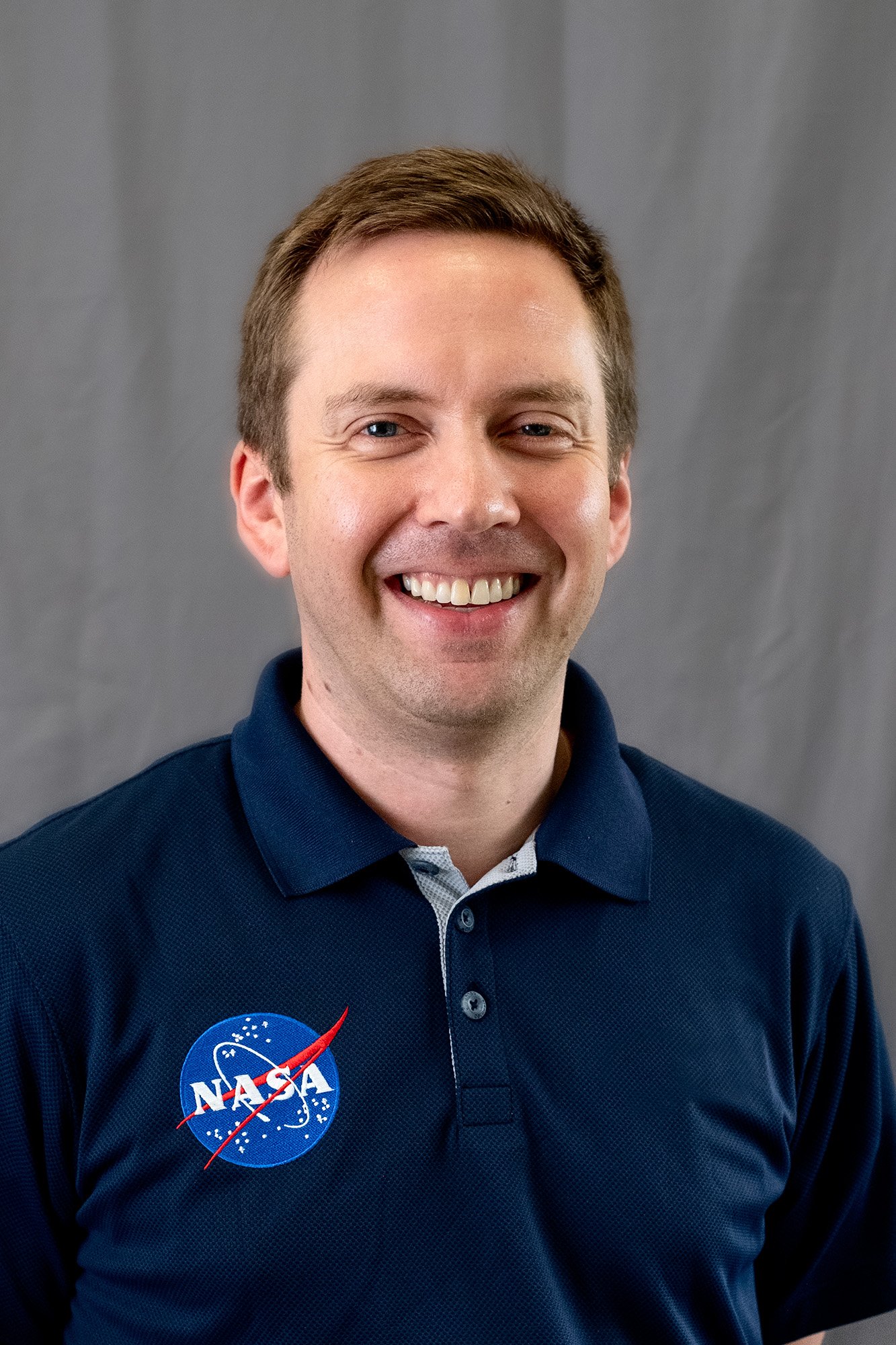
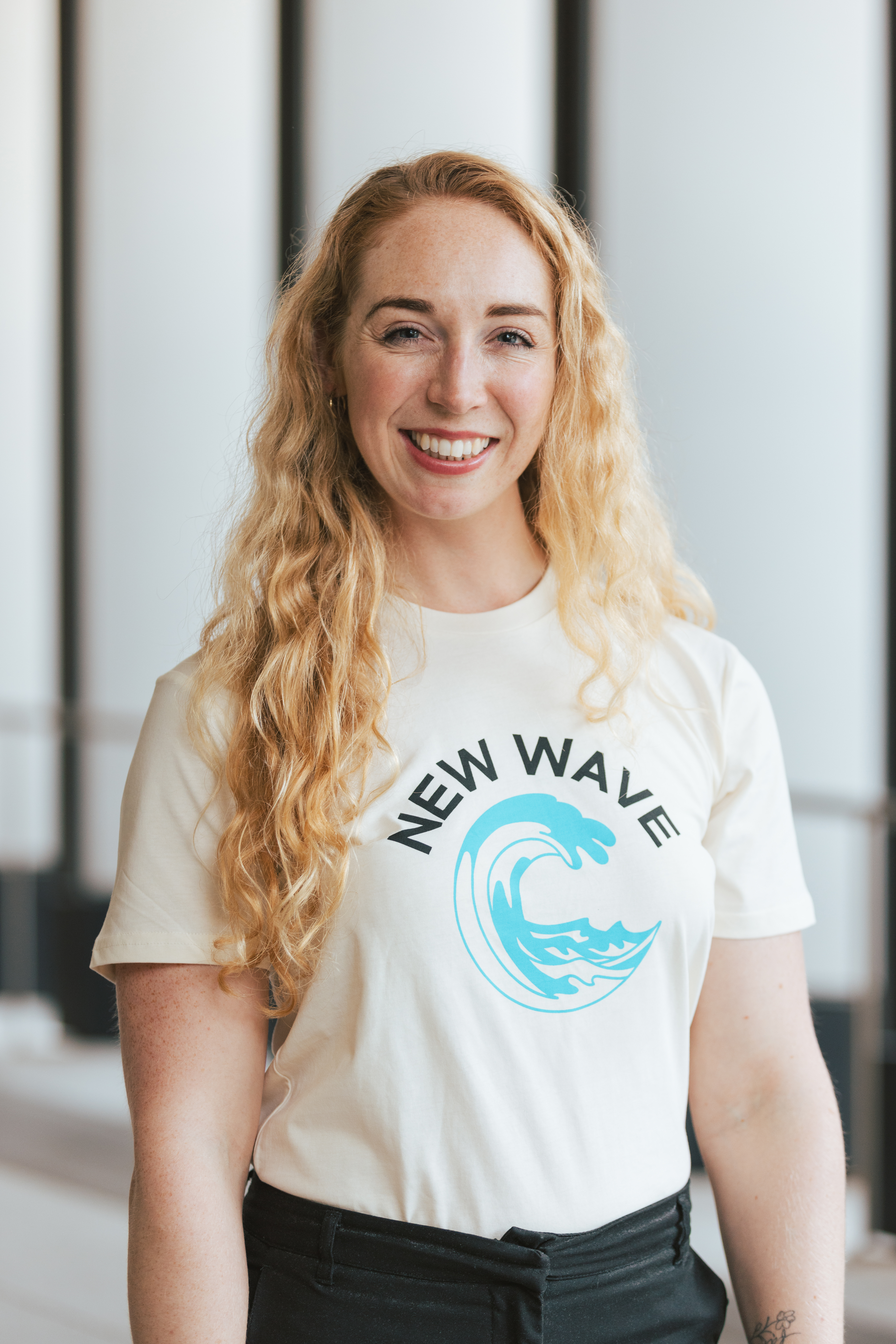
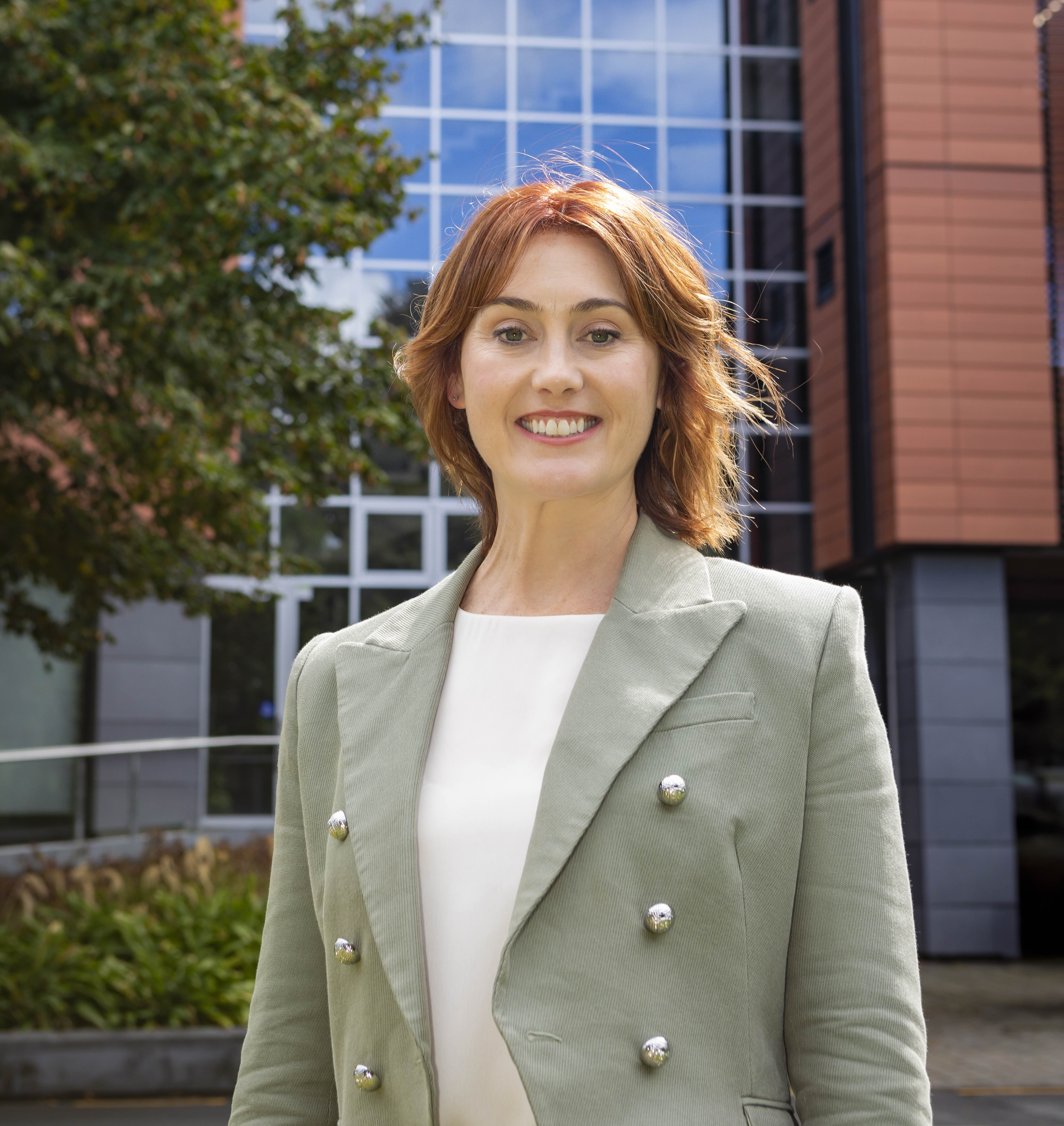
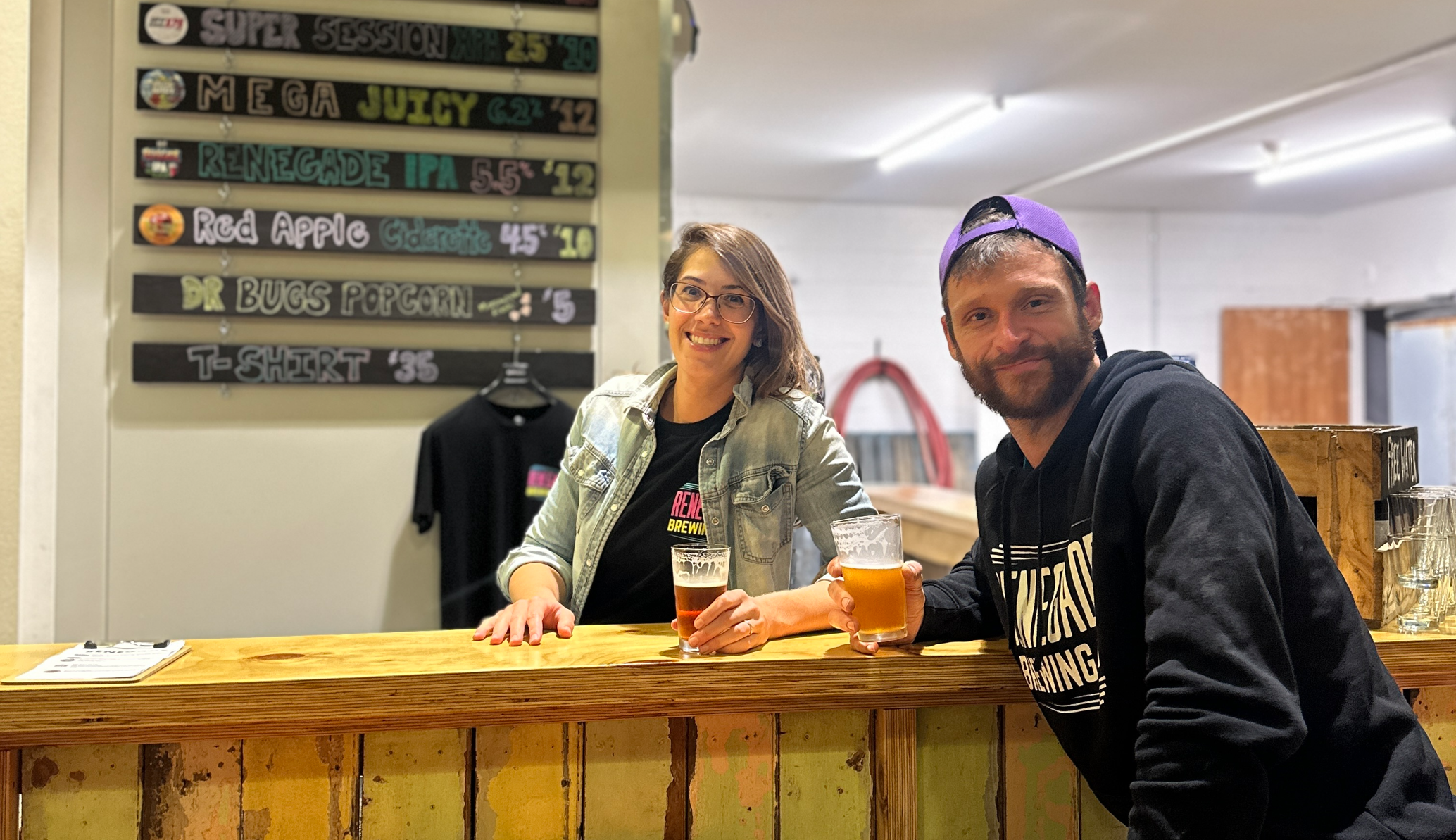
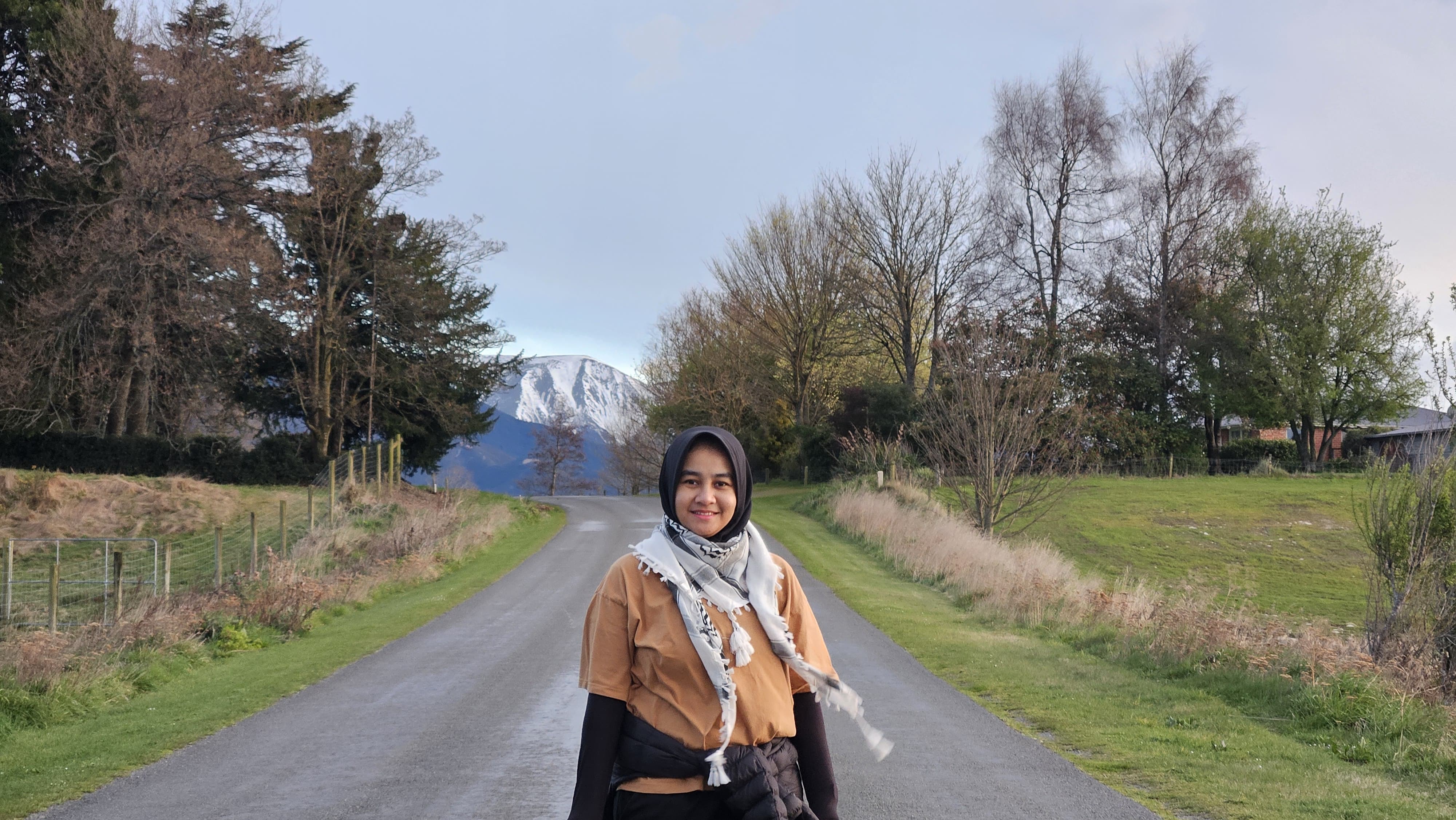
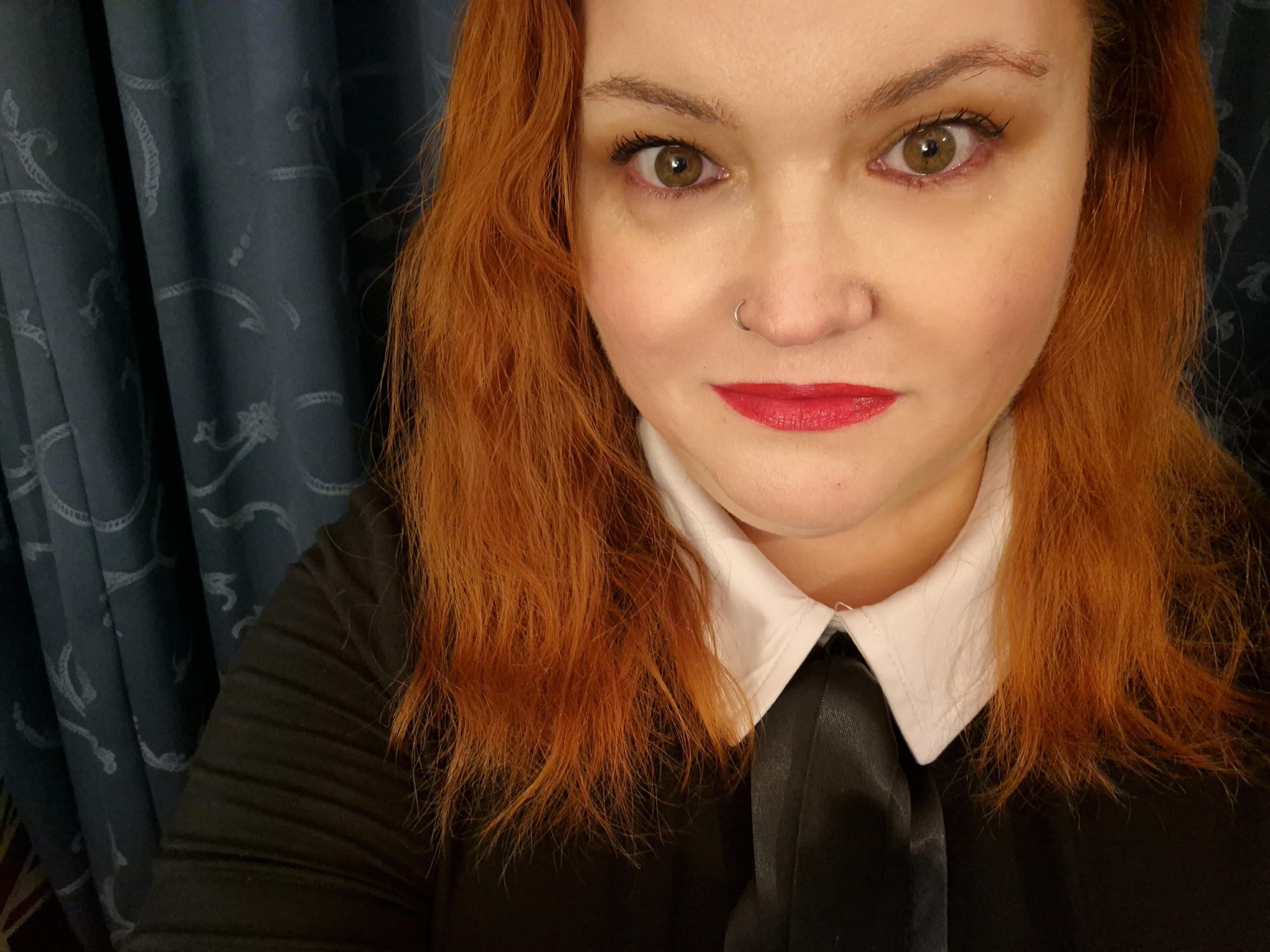
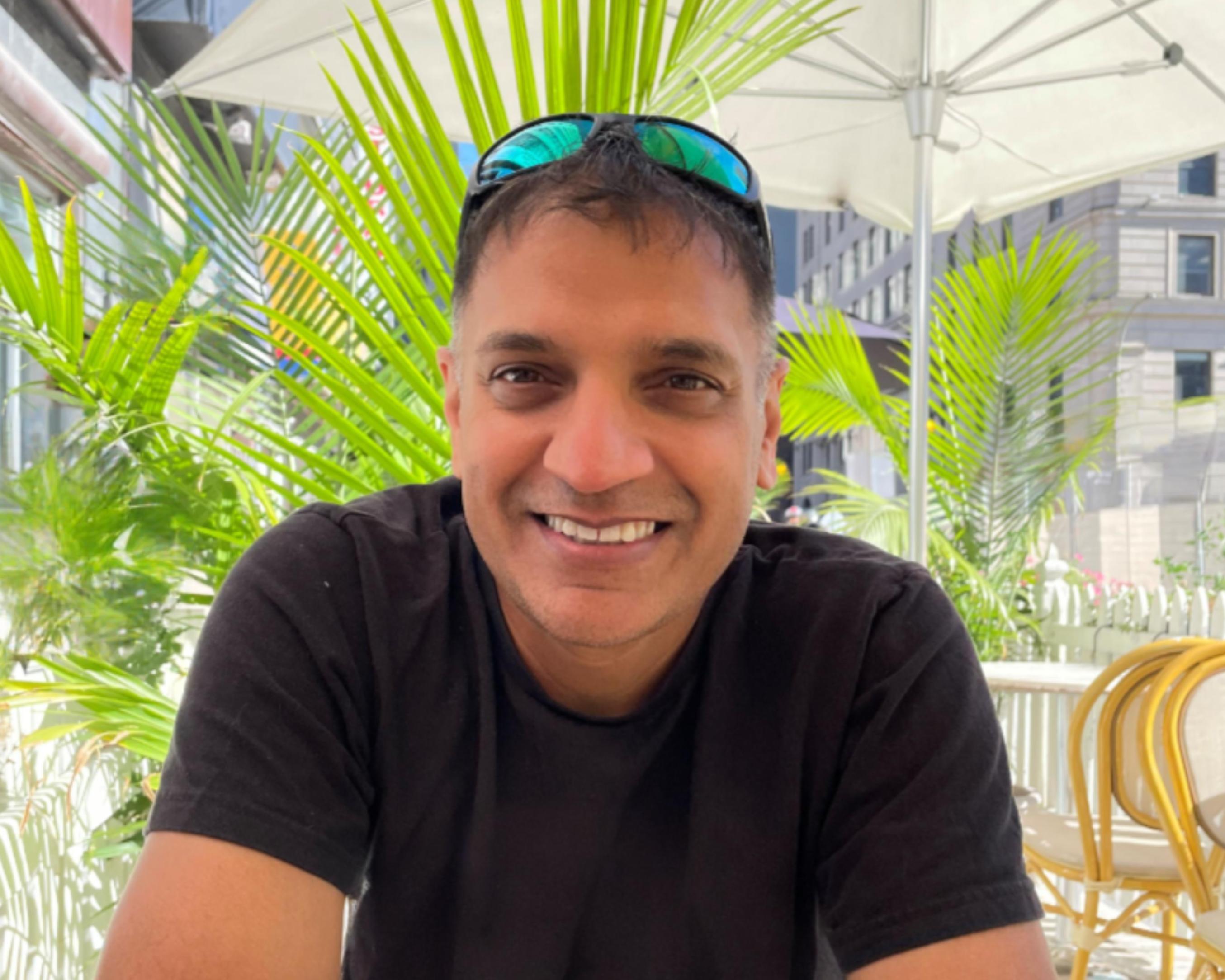

.jpg)